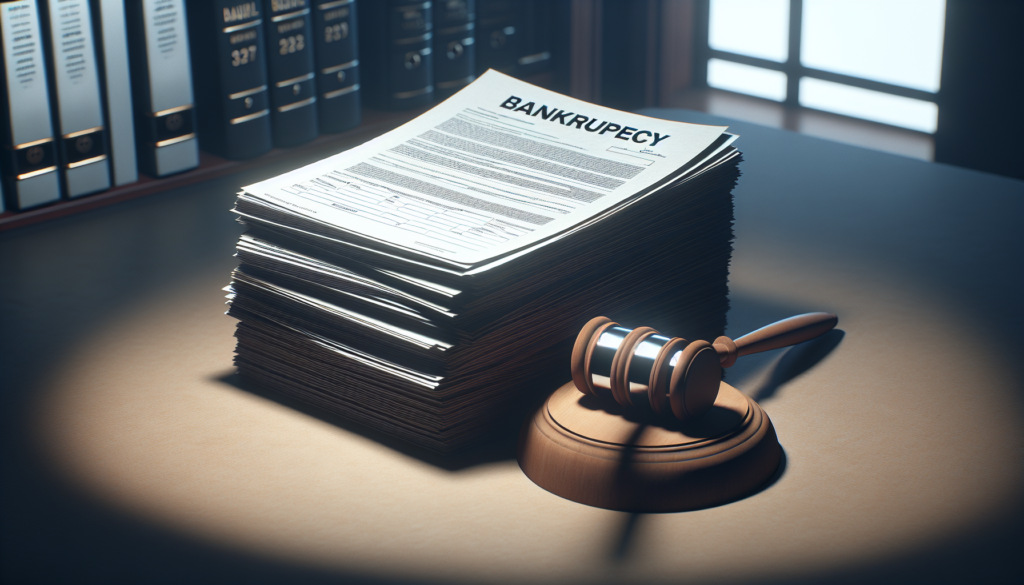
Filing for bankruptcy has a significant impact on your credit report, which can affect your ability to obtain credit, secure housing, and sometimes impact employment opportunities. The extent and duration of the impact depend on several factors, including the type of bankruptcy filed. Here’s an overview of how bankruptcy affects your credit report:
Duration of the Impact
- Chapter 7 Bankruptcy: This type of bankruptcy, which involves the liquidation of assets to pay off debts, remains on your credit report for 10 years from the filing date. Chapter 7 bankruptcy can lead to a more substantial initial drop in your credit score, especially if you had a higher score before filing.
- Chapter 13 Bankruptcy: Chapter 13 bankruptcy, which sets up a repayment plan for debts, is slightly different. It stays on your credit report for 7 years from the filing date. The impact on your credit score might be somewhat less severe compared to Chapter 7, as Chapter 13 demonstrates an effort to repay debts.
Impact on Credit Score
- Immediate Decrease: Filing for bankruptcy typically results in an immediate and substantial decrease in your credit score. The exact drop varies depending on the individual’s entire credit profile before filing. Those with higher credit scores may see a more significant drop, while those with already lower scores may experience a less drastic decrease.
- Gradual Recovery: Over time, the impact of bankruptcy on your credit score diminishes. By making consistent payments on any new or reaffirmed debts and carefully managing your finances, you can begin to rebuild your credit score even before the bankruptcy is removed from your credit report.
Rebuilding Credit After Bankruptcy
- Secured Credit Cards: Obtaining a secured credit card, where the credit limit is typically backed by a deposit, can be a good starting point to rebuild credit. Using this card responsibly and paying the balance in full each month can help establish a positive payment history.
- Installment Loans: After some time has passed and you’ve shown responsible credit use, you might qualify for a small installment loan, further aiding in credit rebuilding efforts.
- Credit Reporting: Ensure that all accounts included in the bankruptcy are reported correctly on your credit report. These accounts should show a balance of $0 and indicate that they were included in the bankruptcy.
- Monitor Your Credit: Regularly check your credit reports from the three major credit bureaus (Equifax, Experian, and TransUnion) to ensure accuracy. You’re entitled to one free report from each bureau per year through AnnualCreditReport.com.
Considerations
- Long-Term Impact: While bankruptcy does have a long-term impact on your credit report, the effect lessens over time. Demonstrating responsible financial behavior post-bankruptcy is key to recovery.
- Lender Perceptions: Different lenders have different policies regarding bankruptcy. Some may be more willing to extend credit to individuals who have filed for bankruptcy, especially as time passes and if the individual has worked to rebuild their credit.
- Non-Dischargeable Debts: It’s important to note that not all debts can be discharged in bankruptcy. Obligations like student loans, child support, alimony, and certain taxes may remain, and their management will continue to impact your credit.
In summary, while filing for bankruptcy significantly affects your credit report and score, it also provides a pathway to discharge overwhelming debts and start anew. With careful financial management and responsible credit use, it’s possible to rebuild your credit over time, eventually mitigating the negative effects of bankruptcy.
Top of Form
Top of Form
Top of Form

Get a Free Bankruptcy Case Evaluation